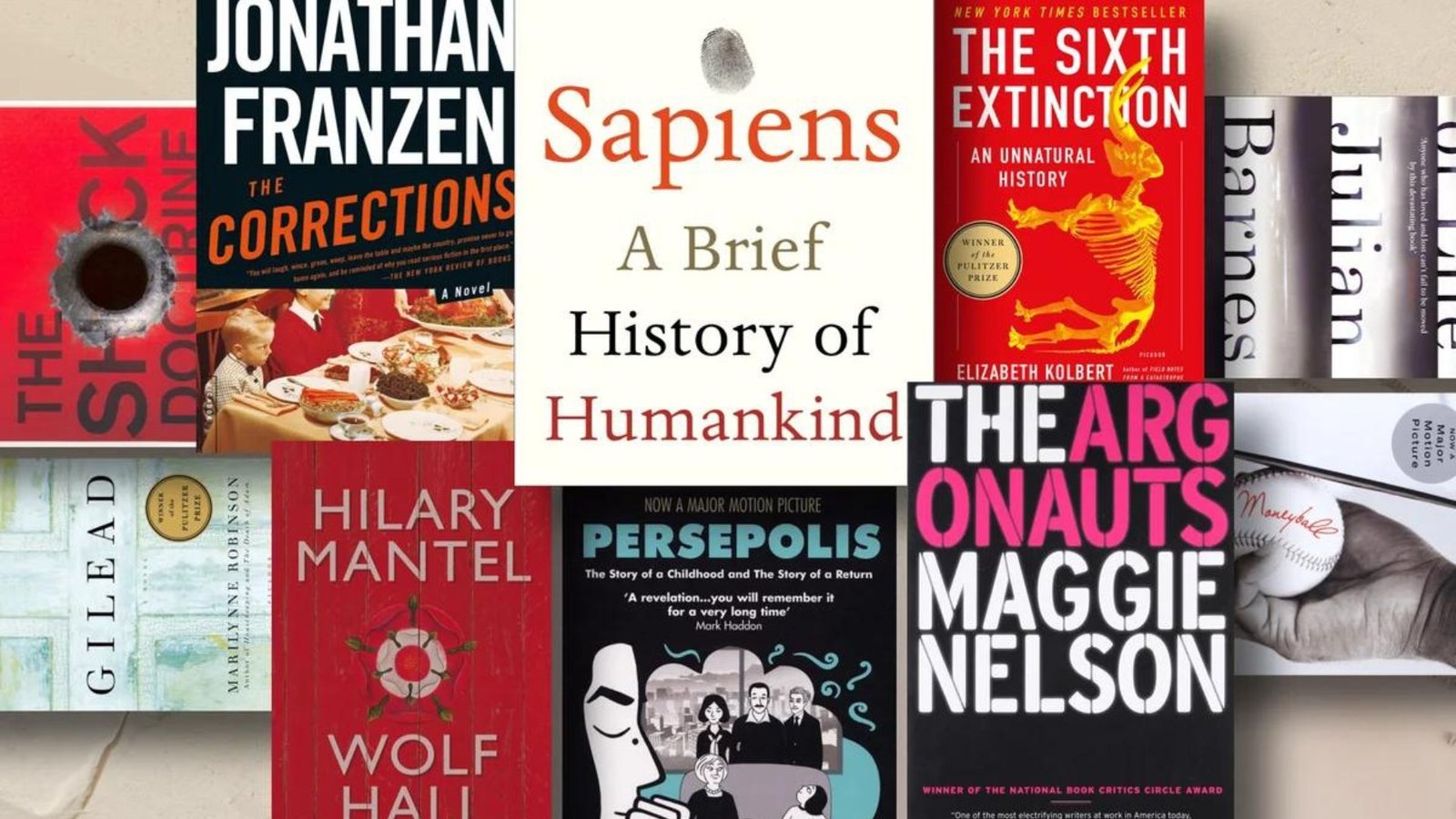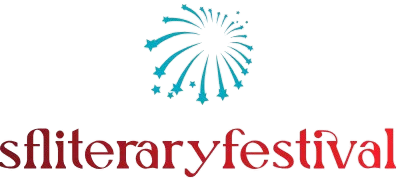When it comes to delving into social issues through literature, choosing the right genre can make a significant difference. Literary genres for exploring social issues offer unique perspectives and can deeply engage readers with important topics. Whether you’re interested in examining inequality, injustice, or cultural dynamics, certain genres are particularly effective for this purpose. Here’s a look at some of the best literary genres for exploring social issues.
Contemporary Fiction
Contemporary fiction often addresses current social issues with immediacy and relevance. This genre includes novels set in the present day that tackle a range of topics, such as racial inequality, mental health, and gender identity. By immersing readers in modern scenarios and characters, contemporary fiction provides a powerful way to explore and understand pressing social issues. Works like “The Hate U Give” by Angie Thomas effectively highlight issues of racial injustice and police brutality, making contemporary fiction a vital genre for social exploration.

Historical Fiction
Historical fiction allows readers to explore social issues through the lens of different time periods. By setting stories in the past, authors can shed light on historical injustices, societal changes, and cultural conflicts. This genre provides context for how social issues have evolved over time. For example, “The Book Thief” by Markus Zusak offers insights into life in Nazi Germany, revealing the impact of war and totalitarianism on individuals and communities.
Science Fiction
Science fiction often uses speculative settings and futuristic concepts to examine current social issues. This genre can address topics such as technological ethics, environmental concerns, and social inequality in imaginative ways. Through futuristic worlds and scenarios, science fiction encourages readers to think critically about contemporary problems. “The Left Hand of Darkness” by Ursula K. Le Guin explores themes of gender and sexuality in a futuristic society, demonstrating how science fiction can challenge and expand our understanding of social issues.
Dystopian Fiction
Dystopian fiction presents exaggerated or nightmarish futures where social issues are taken to their extremes. This genre is particularly effective at highlighting the consequences of societal flaws and exploring themes of totalitarianism, environmental collapse, and loss of personal freedom. By depicting grim future scenarios, dystopian fiction can provoke thought and discussion about present-day social issues. “1984” by George Orwell is a classic example that examines themes of surveillance, censorship, and authoritarianism.
Autobiography and Memoir
Autobiographies and memoirs offer personal perspectives on social issues by presenting real-life experiences. This genre allows authors to share their own stories and highlight broader social problems through personal anecdotes. Memoirs can provide intimate insights into issues such as immigration, discrimination, and identity. “Educated” by Tara Westover is a powerful memoir that explores the impact of education and family dynamics on personal growth and social mobility.
Young Adult (YA) Fiction
Young Adult fiction often addresses social issues that affect teenagers and young adults, such as bullying, mental health, and identity struggles. This genre is designed to resonate with younger readers but can also offer valuable insights for readers of all ages. YA fiction provides relatable characters and situations that help readers understand and empathize with various social issues. “Speak” by Laurie Halse Anderson tackles the topic of sexual assault and its aftermath, making it a significant work in YA literature.
Non-Fiction
Non-fiction books, including essays and investigative journalism, offer in-depth analyses of social issues. This genre provides factual information, research, and critical perspectives on topics such as politics, economics, and social justice. Non-fiction can educate readers on complex issues and inspire action. “The Immortal Life of Henrietta Lacks” by Rebecca Skloot examines the ethical and racial issues surrounding medical research, demonstrating the impact of non-fiction in exploring social concerns.
Poetry
Poetry offers a unique way to express and reflect on social issues through concise and evocative language. This genre often captures emotional and personal responses to societal problems, allowing readers to connect on a deeper level. Poets can use imagery and metaphor to address themes such as injustice, identity, and resistance. “The Collected Poems of Audre Lorde” provides a powerful exploration of race, gender, and empowerment through poetic expression.
Discover the World of Literature
Join the celebration of creativity and imagination at the South Florida Literary Festival. While you’re exploring new literary worlds, take a break and enjoy the excitement of stellarspins online roulette for a thrilling gaming experience.
Conclusion
Exploring social issues through literary genres can offer profound insights and foster meaningful discussions. Each genre provides a different perspective and method for engaging with societal concerns, from the speculative worlds of science fiction to the personal accounts in memoirs. By choosing the right genre, readers and writers alike can deepen their understanding of social issues and contribute to important conversations.




